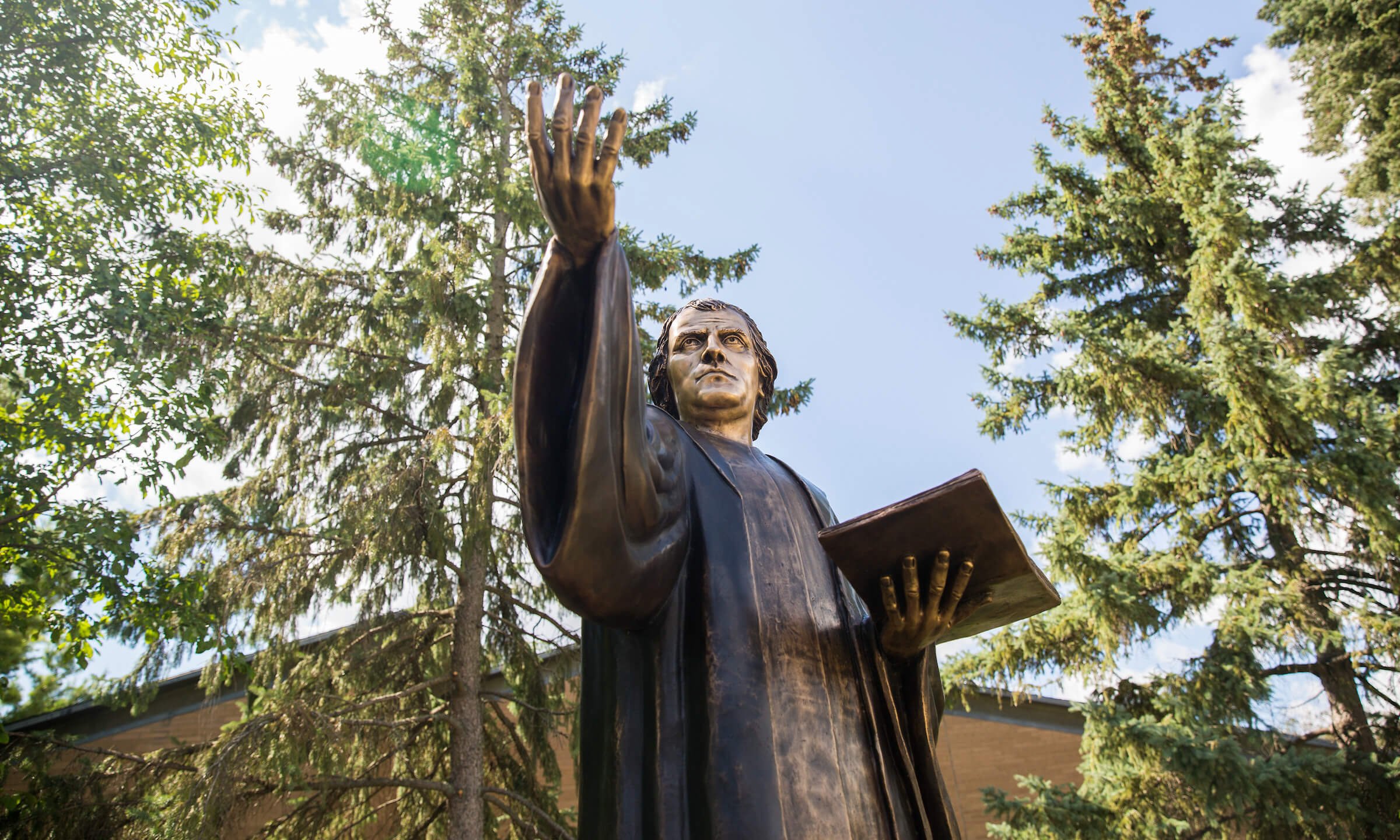
Today, April 26, 2022, marks the 175th anniversary of The Lutheran Church—Missouri Synod. Happy birthday, LCMS!
Both the CUW and CUAA campuses were founded by the LCMS (in 1881 and 1963, respectively) and remain proudly aligned with the teachings and confession of the synod today. It’s a fitting time, therefore, for CUWAA to celebrate its Lutheran heritage and reflect upon the Lord’s enduring faithfulness among us for all these years.
Our Concordias offer an exceptional educational experience, one that any student would find valuable. Yet, our campuses, rooted in God’s Word, promise so much more.
Below, a few of our faithful faculty share explanations and examples of our distinctly Lutheran approach to higher education. It’s what makes Concordia uncommon.
1. We believe, teach, and confess grace alone, faith alone, scripture alone
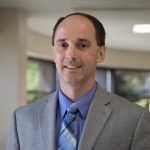
Lutheran theology begins with Jesus. Luther, in the Smalcald Articles, identifies the first and chief article to be “that Jesus Christ, our God and Lord, died for our sins, and was raised again for our justification.” This means, Luther explains, that all are justified by grace (without their own merit). And since no work of a human can bring salvation, it is clear that faith alone justifies us. Luther establishes these points of doctrine by pointing to Scripture passages (Smalcald Articles, Second Part). This heart of Lutheran theology can by summarized in the formula that we are saved by grace alone, by faith alone, and by Scripture alone.
2. We believe, teach, and confess the power of God’s good work among us.

God’s great works are all around us
All things in the world, visible and invisible, were created by God’s Word (John 1: 1-3; Colossians 1: 16; Hebrews 11:3). This includes the physical universe, plants and animals, angels, and human beings—their body, spirit, and soul (1 Thessalonians 5: 23). God not only creates, He also sustains all creatures in being, for all things hold together in Christ (Colossians 1: 17). What God creates by its very nature confesses its creator. It pours forth speech declaring the glory of God (Psalm 19: 1-3), and it joins in a high doxology, praising the Lord (Psalm 148).
3. We believe, teach, and confess service to Christ in the Church and world.
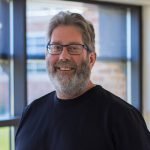
This assertion comes directly from our mission statement. CUWAA prepares students for service; we confer academic degrees with a purpose. We strive to shape minds AND hearts. In Ephesians 5:2 the apostle Paul encourages us to “live a life of love.” And Jesus exhorts us to love one another so that “by this all men will know that you are my disciples” (John 13:34-35).
At CUW faculty, staff, and students live lives of love with various and many acts of service. Last year CUW students reported doing more than 23,000 hours of service. And this year we are on track to match that number. All this despite COVID! We recently completed our annual Week of Service in which we collected nearly 200 shoes for Souls for Jesus, donated 75 servings of macaroni & cheese along with 54 jars of peanut butter for Family Sharing, collected $240 on Jeans at Work Day for the Milwaukee Rescue Mission, made 500 sandwiches for The Guest House, and painted over 600 hearts and fish for Lutheran Church Charities. We also collected more than 200 units of blood via 4 blood drives throughout the year.
4. We believe, teach, and confess formation of the whole person.

The college years are often thought of as formative years. It’s a time in life where one is immersed in critical thinking, rich classroom discussions, and learning. But, university life is not just about expanding the mind. While a critical aspect of what an institution of higher education is tasked with, Concordia University not only educates student minds, but seeks to be formative of the whole person—to produce Christian citizens who make an impact on the world for the sake of Christ.
5. We believe, teach, and confess the value of our liberal arts foundation (plus support of a broad foundation for all professional training).

For Christians, the model of the liberal arts is Christ-centered. In this model, students acquire knowledge and skills in liberal arts disciplines that prepare them to be of service to Christ in the Church and the world. The humanities, social sciences, and theology teach students about human nature and behavior; the natural sciences and mathematics teach students about the realm of nature. Humans and the natural world constitute God’s creation; Christ is central to an understanding of the world and everything in it. The Christian view of the liberal arts sees Christ as the cohesive and centrifugal force of education. All learning proceeds from and returns to the cross of Christ. The liberal arts, then, function not only to help students prepare for the workforce, but also help prepare them for the world by developing a knowledge of self, an understanding of others, and an awareness (and hopefully an appreciation) for beauty, truth and goodness. In this model of the liberal arts, students are equipped to serve both the kingdom of man and the kingdom of God.
The Liberal Arts at Concordia represent a broad course of study directed at educating the whole person, preparing and encouraging students for a life-long pursuit of Truth. Students engage in critical inquiry and thinking grounded in the Scriptures and aimed at understanding humanity’s place in Creation. Students will explore the world and the human condition through studies in Theology, the Humanities, Fine Arts, Mathematics, Social Sciences, and Natural Sciences. This interwoven tapestry of knowledge provides the foundation for a life of joyful service to Christ, the Church, and the world.
6. We believe, teach, and confess the communion of saints.
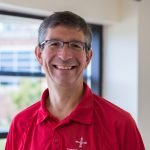
The first day of class in “A Survey of Christian Thought,” we brainstorm about why we should study Christian history. I begin with this because teachers can’t take for granted that students are motivated by any particular subject. The challenge can be palpable for an upper-level course like this one, which combines history, theology, and advanced writing skills, and which, at the same time, meets a required component or two in the curriculum. Many students have had little of world history and nothing of theology in their primary and secondary school education. Yet, they find themselves in my class and we need to know what we’re there for. At the bottom, we’re there, studying the history of the Church, because we at Concordia believe in the communion of saints.
Typically, the class discussion begins with the popular saying that those who are ignorant of history are doomed to repeat it. This is a purely negative evaluation of our work, but it’s a place to start. Yes, we can be thankful that we can learn from the errors of the past. Ancient heresies—Arianism, Monarchianism, Gnosticism, Pelagianism, etc.— have long been put to rest by the great scholars and teachers of the church; nevertheless, they continue to re-emerge, especially among people who have little knowledge of the history of the Church. More positively, we then learn to sit at the feet of those great scholars and teachers, take in how they defended the true faith, and share those lessons with our contemporaries today. Those saints of old have fought the battles and we can stand on their shoulders to see with them the insights they have gained from their studies of the Holy Scriptures.
7. We believe, teach, and confess stewardship of God’s gifts.
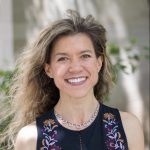
Everything we have is a gift from God. Every single thing. It is our joy and our job to take care of the things God gives us, and to share what we have with others.
Would it surprise you to learn that the Bible contains “roughly 500 verses on prayer and faith, but well over 2,000 verses on money, and approximately 40% of Jesus’ parables deal with money”?
Jesus said, “For where your treasure is, there your heart will be also,” Matthew 6:21. *
Martin Luther paraphrased this verse in his quick-witted style: “Show me where a man spends his time & money, and I’ll show you his god.”
What we do with our money is a surefire way to show the world who we really are. We believe, teach, and confess that we are to use our earthly resources to show the world Whose we really are!
8. We believe, teach, and confess the God-given dignity and worth of every person.
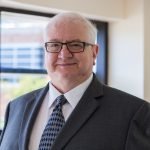
Bioethics is a study about life and is derived from a joining of the words “biology” and “ethics.” In short, Bioethics is the study of issues involved in medicine and biological technology. Almost everyone will encounter bioethical issues at some point in their lives. They can range anywhere from infertility, abortion, cloning, contraception, stem cell research, gene editing, euthanasia, physician-assisted suicide, human subject research, animal research, care at the end-of-life, to management of health care resources and health care reform.
9. We believe, teach, and confess the importance of the open proclamation of the God’s Law and Gospel within the academic space.
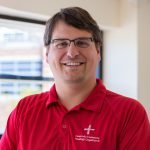
At Concordia University, Wisconsin and Ann Arbor, God’s Word is truth. Modern academic spaces are often considered places where transitory human opinions reign, but Concordia proclaims with David: “In your light do we see light” (Ps. 36:9). Without the light of God shining into our hearts to reveal Christ Jesus, all human beings are blind and lost, though we are convinced that we see perfectly because of our sinfulness. Recognizing God’s Word as the highest authority, Concordia University not only teaches the sciences, humanities, and professional programs from a human perspective, but also the truth of God’s Word from the divine perspective. God’s Word opens our eyes to see the true reality of our status as creatures, dependent upon the Creator. God’s Word also leads us to recognize our rebellion and brokenness in relationship to our Creator, and offers us the good news of the Gospel, Christ crucified and risen for forgiveness, life, and salvation for all people. Concordia University delights not only in God’s Law, but also in the Gospel of forgiveness of sins through Jesus that all people desperately need.
10. We believe, teach, and confess the doctrine of vocation.

Vocation comes from the Latin, vocatio, which means simply, “calling.” The word has been used in so many ways, in both the church and the world, that it’s important to define the language of call, calling, and vocation. What is a vocation? How does one have a vocation?
In its popular use, the word vocation typically means an occupational vocation associated with the trades or specialized technical training. A vocational school may train auto mechanics, HVAC technician, cabinet makers, and so on. These are helpful jobs that can serve the neighbor, but they are not vocations according to the New Testament’s use of the term. According to Scripture, only Christians have a vocation. And they have a vocation in one or two ways. First, all Christians have a calling because they have been called by the Gospel of Jesus Christ to believe and to have life in His name. This is, properly speaking, Christian vocation. Thus, St. Paul refers to Christians as “the called ones” (Rom. 1:7; 1 Cor. 1:2; Eph. 4:4).
—
If this story has inspired you, why not explore how you can help further Concordia's mission through giving.